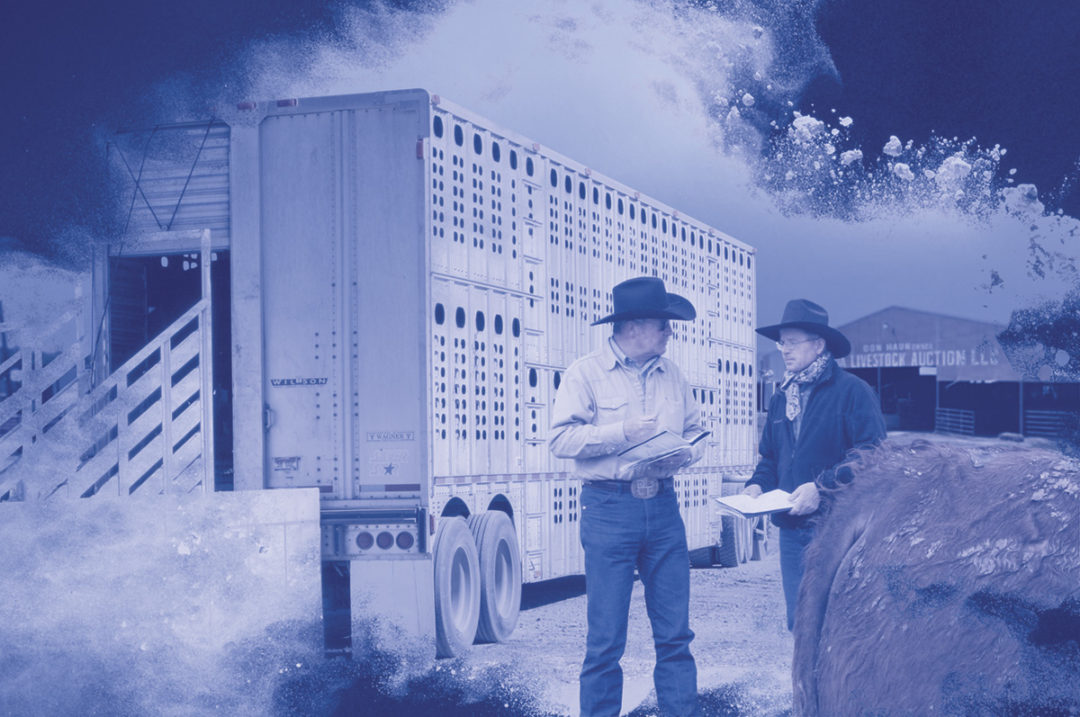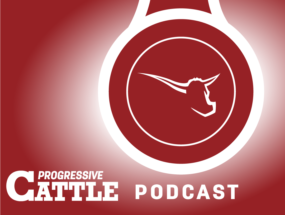Whether you are a hauler, a buyer, a seller, an intermediate livestock auction, order buyer, dealer, packer and so on, there may be some legal considerations for you to take into consideration with your role in the hauling cattle process.
First up, and the most black and white of them all, is to consider whether the cattle are crossing state lines, and if so, do you have the certificate of veterinary inspection or is there an exception applicable to the haul? The best practice is to confirm the destination of the livestock and, if you are not familiar with the requirements, find them out. Exceptions can exist for things such as hauling straight for slaughter, among others. Otherwise, get the veterinarian inspection. As a driver, make sure you get those health papers when you pick up the cattle. As the buyer or receiver, make sure you get those health papers when those cattle are coming off the truck and try not to immediately place those into “file 13.” It is a good idea to hold on to them at least until you have sufficient opportunity to make sure all cattle received are of sound condition and are of the quality and type of product you expected.
Now, what if you are currently a buyer purchasing loads of cattle all over the place and have a big plan in your pocket? As the buyer, perhaps you don’t exactly want what you are doing being the talk among haulers that will get back around to other buyers and sellers. The same would apply to a volume seller – the who, what and where for the sales may be preferred to be left to the knowledge of a seller and their customer, and not everyone else in between. What can be done to make sure the hauler isn’t spilling the beans everywhere he goes? Even unintentionally. You can ask your hauler (and even other parties involved) to sign a non-disclosure and confidentiality agreement. This agreement can outline that the who, what, where, when and so on remain confidential and may not be disclosed to any person except as legally necessary. This means the hauler can disclose details to law enforcement or inspection agents as needed, and his own attorneys, accountants, office personnel and so on. But when it comes to the morning coffee crowd at the barns, they are to keep their mouths shut.
Another common consideration that may be overlooked is insurance. As a buyer or seller engaging in hauling services, how often are you looking for proof of insurance from the person or company you are hiring out for the trucking services? Going hand-in-hand with that is making sure that the driver is properly licensed to haul the load. Any time you are hiring out a third party for transport of livestock, making sure you have a licensed and insured driver is important to make sure your product is covered in the event of accidents, disasters and even crime.
Now, how about the payment for the transportation? Even though it may be customary for the buyer to pay for the haul, it is often the seller who is engaging or booking the service. As the transportation provider, who are you going to look to for payment? In this part, all three parties should consider making it clear who is responsible so each party can point the finger at the responsible party accordingly. As the transporter, make sure it is clear who is paying for the service and consider having at least a minimal short-form service agreement that states the payment terms. This can be a simple matter that is addressed and satisfied prior to the trailers being loaded, and can even be on something as easy as carbon copy contracts carried in the cab. With the rising prices of fuel and other charges, down payments or deposits have become a reasonable requirement to providing a service, even this one. If the buyer and the seller have negotiated something outside of the customary practice, the same rules apply and all parties should always make sure to make some notation of it and sign off on the terms.
Everything in the cattle business is evolving with changes, and protecting yourself legally should be a part of that no matter which role you are in.
This article is provided for informational purposes only. Readers should consult their own professional advisers for specific advice tailored to their needs. Information contained in this article may be subject to change without notice.









